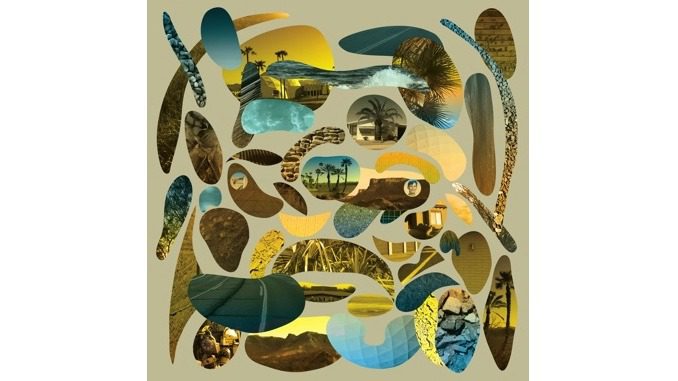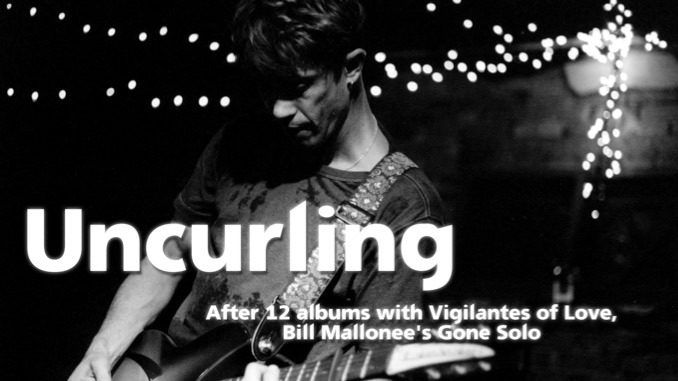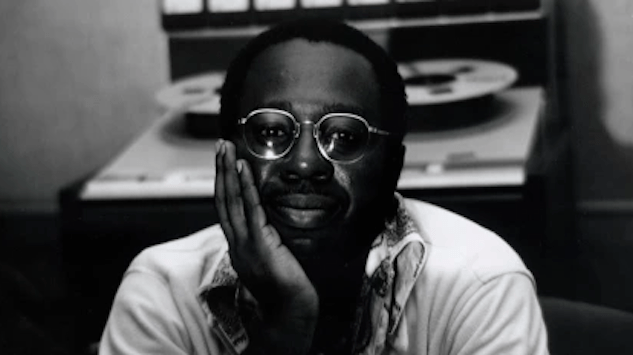David Bazan ended Phoenix, his 2019 album as Pedro the Lion, with a big question mark. The album was a reflection on the singer’s youth in Phoenix, where he was born and grew up until moving away when he was in (or about to start) seventh grade. In “Leaving the Valley,” the last song on the album, Bazan faced the unknown as his family pulled out in a U-Haul. “Where the wheel stops, no one knows,” Bazan sang.
As it happens, the wheel stopped next at Lake Havasu, a vast reservoir in northwest Arizona, on the border with California. The biggest municipality in the area, Lake Havasu City, is probably best known as the place where London Bridge ended up, after an oil magnate bought it in 1968 and had the structure reassembled there, block by block. Bridge or no, Lake Havasu was not a place young David Bazan wanted to be, yet his stint there proved formative enough for him to write about it on Pedro the Lion’s latest album, Havasu.
If Phoenix had an air of wide-eyed, sometimes bemused nostalgia, Havasu is more conflicted—and not just about the location. Pedro the Lion’s latest is really an album about starting to come of age. Bazan evokes the tumult of emotion that accompanies the middle school years, sometimes so well that it’s uncomfortable, as he chronicles the year or so he spent in Lake Havasu before his family moved again. He depicts the anxiety of being the new kid in school, the thrill of a first kiss, the longing to find his place and fit in—a quest made more complicated in Bazan’s case by a religious upbringing that left him in fear of eternal damnation. His lyrics here are unflinching throughout and feel honest to a fault, whether he’s taking too long to think of something cool to say to a new classmate on “Too Much,” or misreading all the signals from everyone and making a hash of things on “My Own Valentine.”
The music on Havasu reflects Bazan’s ambivalence about the place—and the time—on songs by turns moody and knotted, punchy and tight. Opener “Don’t Wanna Move” drifts around eddies of minor-key guitar and vocals as Bazan voices his anguish at relocating, while “Teenage Sequence” cruises along on a sleek bassline and a gleaming guitar riff as Bazan remembers what it was like to be a kid on the cusp of adolescence. Nature, he sings after a kiss and then sudden rejection, is “turning me into a teenager / Will I always be a teenager now?” It’s a note-perfect rendering of the bewildering world of early infatuation, and the unhurried pace and clean instrumentation of the song accentuate the rueful ache of looking back and wincing at the memory.
For all the unsettling feelings that accompanied Bazan’s stint at Lake Havasu, his time there wasn’t wasted. As he recounts on “First Drumset,” it’s where he traded in his clarinet for a drum kit and, essentially, started down the path that has brought him all these years later to Pedro the Lion’s sixth full-length album. The song starts off slowly, even tentatively, with gloomy overdriven guitar chords as Bazan longs to take up the saxophone, only to be shot down by a school band director with a surplus of sax. When his dad lets him switch to drums instead, it’s like the song pops from black-and-white into color, and Bazan describes going all in on his new obsession. His voice takes on an air of joyful abandon, lifted up by the sturdy beat that kicks in and a wall of warm, fuzzed-over guitars. It’s no stretch to say that starting to play the drums brought Bazan the same freedom he felt on “Yellow Bike,” from Phoenix, when he got his first two-wheeler at age five. Though Bazan makes clear on Havasu that he was reluctant to be there, subsequent events have shown that for a year in the late ’80s, he was in exactly the right place.
Eric R. Danton has been contributing to Paste since 2013, and writing about music and pop culture for longer than he cares to admit. Follow him on Twitter or visit his website.




